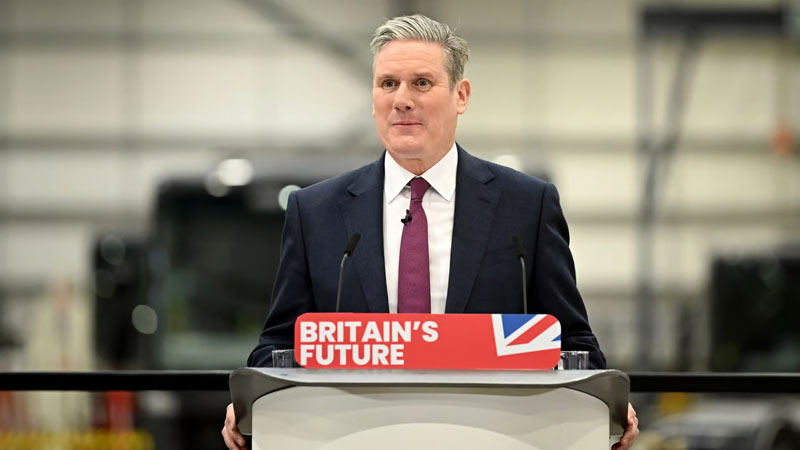
The Labour government is on course to spend more than £4 million on visas for foreign civil servants by the end of this parliamentary term, newly released figures reveal.
Data obtained through a Freedom of Information (FOI) request shows that between July 2024 and March 2025, at least £566,102 was spent on sponsoring visas for non-UK nationals employed across several government departments.
If spending continues at the current rate, the total bill is projected to hit £4.2 million by July 2029, raising questions about the government’s commitment to reducing migration and prioritising domestic employment within the civil service.
The Department for Work and Pensions (DWP) emerged as the biggest spender, responsible for £368,655 of the total sum, more than 65% of the overall expenditure. The figure is particularly striking given that the department has faced criticism from within Labour ranks for its controversial approach to recent welfare reforms, as told to GB News.
According to projections reported by MailOnline, the DWP’s spending trajectory could result in a £2.8 million visa bill for the department alone by the end of the current Parliament.
Following the DWP, the Cabinet Office spent £56,153, and the Department for Health and Social Care (DHSC) accounted for £45,658. In contrast, the Foreign, Commonwealth and Development Office (FCDO) reported zero spending on visa sponsorships, noting that the right to work in the UK is a prerequisite for all applicants to its roles.
The disclosure comes amid increasing scrutiny over immigration policy and government hiring practices, with critics questioning why more domestic candidates are not being prioritised for public sector roles.
A government source defended the spending, citing the need to recruit highly skilled specialists that may not always be available domestically, particularly in technical and healthcare-related roles. However, opposition and public sector critics have called for greater transparency and a strategy to develop homegrown talent for civil service positions.
The figures are likely to further intensify debate within Labour, particularly among backbenchers concerned with both public spending and the optics of relying on overseas workers in key government departments.
As of publication, GB News has approached the DWP, the Cabinet Office, and the DHSC for comment on the figures and their respective hiring policies.
With the visa spending projected to continue rising, pressure is mounting for Labour to explain how it plans to balance the need for skilled labour with its pledge to maintain control over immigration and public sector efficiency.







